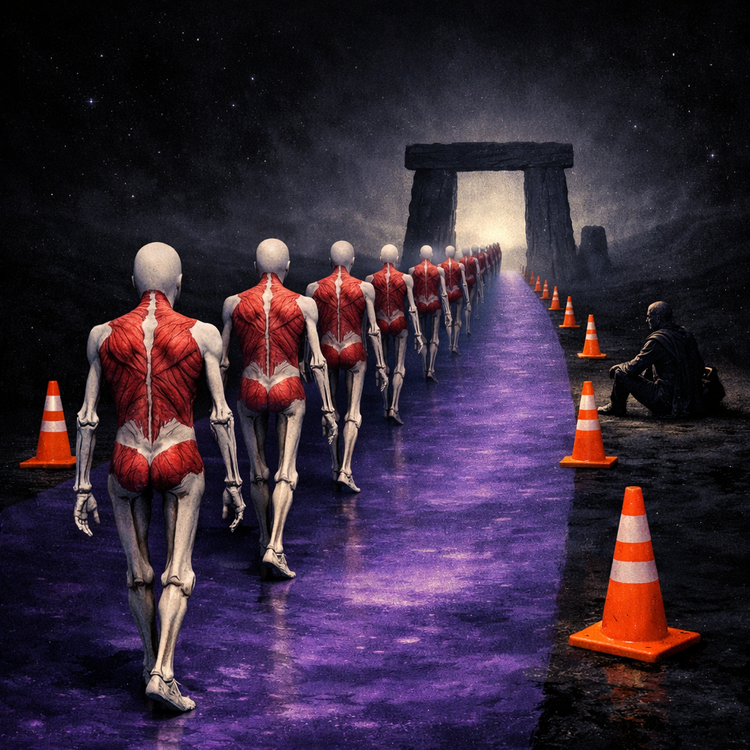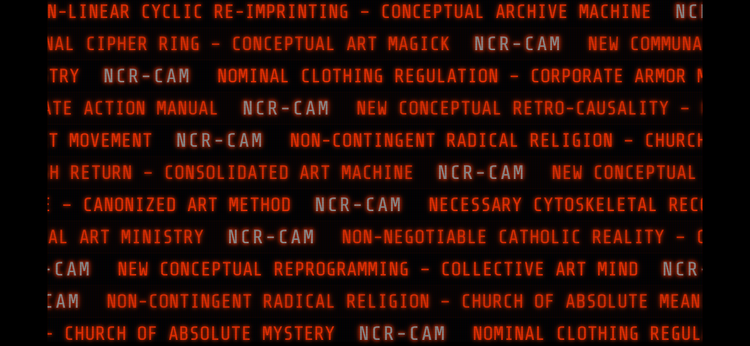Authoritarian acts of lawlessness are strategic, not random. Their logic is instrumental, not moral.

1. Expediency and signaling
Breaking one’s own rules signals dominance. Power demonstrates itself through impunity—“I can do this and still remain unpunished.” It creates fear and obedience faster than persuasion. The act itself becomes propaganda: law is revealed as something contingent on the ruler’s will. This is efficient in the short term because it suppresses dissent and reminds the governed that moral appeals are irrelevant when power defines truth.
2. The cost deferred
Authoritarians assume that future accountability can be avoided or rewritten. If the regime survives, it can pardon itself; if it falls, individual actors often expect exile, concealment, or the next system’s amnesty. The calculus values immediate control over long-term legitimacy because legitimacy can be fabricated later through myth, censorship, or selective justice.
3. The social paradox of law
Law is a shared fiction that maintains order by mutual consent. When leaders suspend it, they exploit the same social cohesion they undermine. For a time, people tolerate contradiction because fear, loyalty, or economic dependence outweigh moral clarity. But each suspension of law corrodes the legitimacy that sustains a civilization’s stability, forcing greater repression to maintain order.
4. Law vs. lawlessness as a civilizational rhythm
History oscillates between rule and rupture. Law organizes energy; lawlessness resets it. Revolutions, purges, and collapses mark transitions between orders. Modernity’s project—liberal democracy, human rights, the rule of law—is an attempt to stabilize that oscillation, to keep creative freedom without descending into chaos.
5. The preservation of liberty
Societies thrive when citizens participate in sustaining freedom rather than expecting rulers to enforce it. When people cede that responsibility, they trade autonomy for protection, and protection decays into control. The long arc of modern civilization bends toward liberty only when ordinary citizens defend fair process even for those they dislike. The moment law becomes a weapon instead of a framework, freedom recedes.
Summary
Authoritarianism’s lawbreaking is theater for control. It yields short-term obedience but seeds long-term decay. The balance between law and lawlessness defines civilization’s pulse. Modernity’s task is to institutionalize freedom so that justice does not depend on a ruler’s whim. When citizens stop tending that equilibrium, both order and liberty fail.






Member discussion